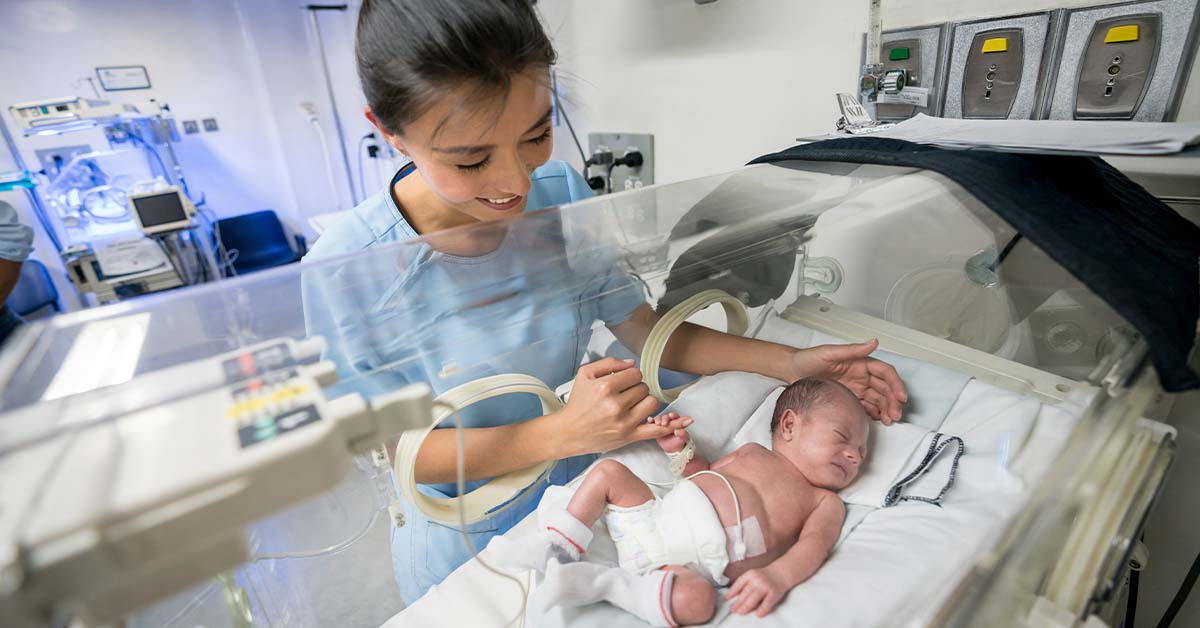
Nurses: The Unsung Heroes of Neonatal Care
In the realm of healthcare, nurses play a pivotal role in ensuring the well-being of patients across all ages. Among these dedicated professionals, a specialized group stands out – nurses who dedicate their lives to the care of infants, the most vulnerable and precious members of our society. These nurses, known as neonatal nurses, are the unsung heroes of healthcare, providing round-the-clock care to newborns who require specialized medical attention.
The Role of Neonatal Nurses
Neonatal nurses are responsible for providing comprehensive care to infants from birth to 28 days of age. They work in neonatal intensive care units (NICUs), which are specialized hospital units equipped with advanced medical technology to support the needs of premature or critically ill newborns.
The responsibilities of neonatal nurses are vast and encompass a wide range of tasks, including:
-
Monitoring vital signs: Neonatal nurses closely monitor the vital signs of infants, including heart rate, respiratory rate, temperature, and blood pressure. They use specialized equipment to track these parameters and identify any abnormalities that may require medical intervention.
-
Administering medications: Neonatal nurses administer medications prescribed by physicians to treat various conditions, such as infections, respiratory distress, and jaundice. They ensure that medications are given at the correct dosage and time, and monitor the infant’s response to treatment.
-
Providing respiratory support: Neonatal nurses provide respiratory support to infants who have difficulty breathing. They use various techniques, such as oxygen therapy, mechanical ventilation, and continuous positive airway pressure (CPAP), to assist the infant’s breathing and maintain adequate oxygen levels.
-
Feeding infants: Neonatal nurses feed infants through various methods, including breastfeeding, bottle-feeding, and tube feeding. They ensure that infants receive adequate nutrition to support their growth and development.
-
Providing comfort and support: Neonatal nurses provide comfort and support to infants and their families. They hold and cuddle infants, change diapers, and provide gentle stimulation to promote their well-being. They also provide emotional support to parents and families, helping them cope with the challenges of having a premature or critically ill infant.
Education and Training
To become a neonatal nurse, individuals must complete a rigorous education and training program. Most neonatal nurses hold a Bachelor of Science in Nursing (BSN) degree from an accredited nursing school. They must also pass the National Council Licensure Examination (NCLEX-RN) to become registered nurses (RNs).
After obtaining their RN license, nurses who wish to specialize in neonatal care must complete additional training. This training typically involves a one- to two-year residency program in a NICU. During this program, nurses receive specialized education and hands-on experience in the care of premature and critically ill infants.
Challenges and Rewards
Working as a neonatal nurse can be both challenging and rewarding. The challenges include:
-
Emotional toll: Caring for critically ill infants can be emotionally demanding. Neonatal nurses often witness the fragility of life and may experience grief and loss when infants do not survive.
-
Physical demands: Neonatal nurses work long hours and often perform physically demanding tasks, such as lifting infants and operating medical equipment.
-
Time constraints: Neonatal nurses often work in fast-paced environments where time is of the essence. They must be able to prioritize tasks and make quick decisions to ensure the well-being of their patients.
Despite these challenges, neonatal nurses find great reward in their work. They have the opportunity to make a real difference in the lives of infants and their families. They witness the resilience and strength of these tiny patients and experience the joy of seeing them grow and thrive.
Conclusion
Neonatal nurses are the unsung heroes of healthcare, providing compassionate and specialized care to the most vulnerable members of our society. Their dedication, expertise, and unwavering commitment to the well-being of infants make them invaluable members of the healthcare team. As we celebrate the contributions of nurses worldwide, let us not forget the extraordinary work of neonatal nurses, who dedicate their lives to nurturing the future generation.
